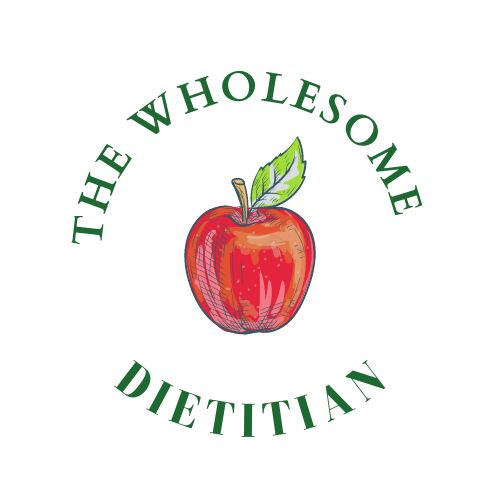Understanding IBS: a journey towards relief
Living with Irritable Bowel Syndrome (IBS) can be a daily challenge, impacting everything from what you eat to how you plan your day. For many, the search for relief can feel like a daunting task, often leading to frustration and confusion. If you're struggling with IBS symptoms, exploring the low FODMAP diet with a qualified Dietitian, could be a game-changer in your journey towards managing your symptoms effectively.
What is IBS?
IBS is a functional gastrointestinal disorder characterised by abdominal pain, bloating, diarrhea, constipation, or a fluctuation between both. The exact cause of IBS isn't fully understood, which can make it difficult for those suffering with IBS to arrive at a diagnose. However, research has proven that certain dietary components can trigger and/or worsen symptoms in many individuals.
The Role of FODMAPs
There is a lot of confusion out there about FODMAPs, so allow me to sumamrise for you. FODMAPs (a.k.a: Fermentable Oligosaccharides, Disaccharides, Monosaccharides, and Polyols) are a group of short-chain carbohydrates and sugar alcohols found in a variety of foods. FODMAPs are poorly absorbed in the small intestine which results in them being fermented by bacteria inside the gut. This fermentation process, then leads to increased water retention and gas production in the colon, triggering a host of uncomfortable symptoms in people with IBS.
Enter the Low FODMAP Diet
Developed by researchers at Monash University in Australia, the low FODMAP diet is designed to help manage IBS symptoms by reducing the intake of these problematic carbohydrates. The diet involves three main phases: elimination, reintroduction and personsalisation. It is important to note that a strict low FODMAP diet is not designed to be followed long-term. Due to the restrictive nature of the low FODMAP diet, long-term use increases a person’s risk of developing nutrient deficiencies, which can impact overall health and quality of life.
Why Seek Support?
Embarking on the low FODMAP diet journey alone can be overwhelming. It requires careful planning, label reading, meal planning and knowledge about food composition. Seeking support from an Accredited Practising Dietitian with experience and knowledge of the low FODMAP diet, can significantly ease this process and prevent long-term dietary restrictions.
How Can Dietitian Support Help you?
Expert Guidance: A qualified Dietitian can provide personalised dietary advice tailored to your specific symptoms, lifestyle and dietary preferences, making the low FODMAP diet more manageable and effective.
Education: Understanding the complexities of FODMAPs and how they interact with your body is crucial. A Dietitian can educate you about hidden sources of FODMAPs and how to navigate dining out, travelling and grocery shopping.
Monitoring and Adjustment: Throughout the diet phases, regular check-ins with a Dietitian allow for adjustments based on your progress and provide support with any challenges you encounter.
Emotional Support: Dealing with a chronic condition like IBS can take a toll emotionally. Having someone to talk to who understands your struggles can provide invaluable support and motivation.
Taking the First Step
If you’ve been experiencing symptoms of IBS and suspect that certain foods may be a trigger, it might be time to seek professional support. Consulting with an Accredited Practising Dietitian trained in the low FODMAP diet can empower you to take control of your symptoms, find relief from unwanted flare-ups and improve your quality of life.
Remember, managing IBS is a journey, not a sprint. With the right guidance and support, you can discover which foods work best for your body and regain confidence in your digestive health.

